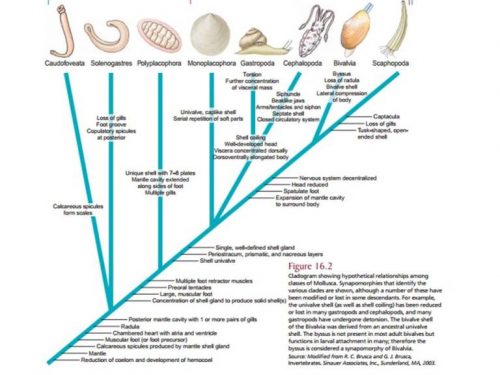I had to finish grading an exam for one class, and compose an exam for another class, which will soon bounce back demanding that I grade it. Also, this week is dedicated to advising, so I’ve had a stream of students coming to my office for assistance in getting ready for spring term. That’s been a real roller coaster: some students are sailing through, excelling at their courses, so we have to talk about what gets them excited, while other students are struggling, so we have to talk about what to do to get back on track and just plain survive. I’m starting to feel drained.
I mentioned that I’m not getting a sabbatical next year (but definitely will in 2025), so I’ve been working with the discipline to revise my schedule. There’s some happy news there: this spring I’ll be teaching ecological developmental biology, and then, in the fall, Developmental Biology! I am floored! For the first time in way too many years, I’ll be teaching courses in my specialty, and I’ll be doing it over two consecutive semesters! It almost makes up for not getting a sabbatical. Almost.
Now I have to get back to the student train — I have another scheduled appointment in 5 minutes, and then my cell bio class.












